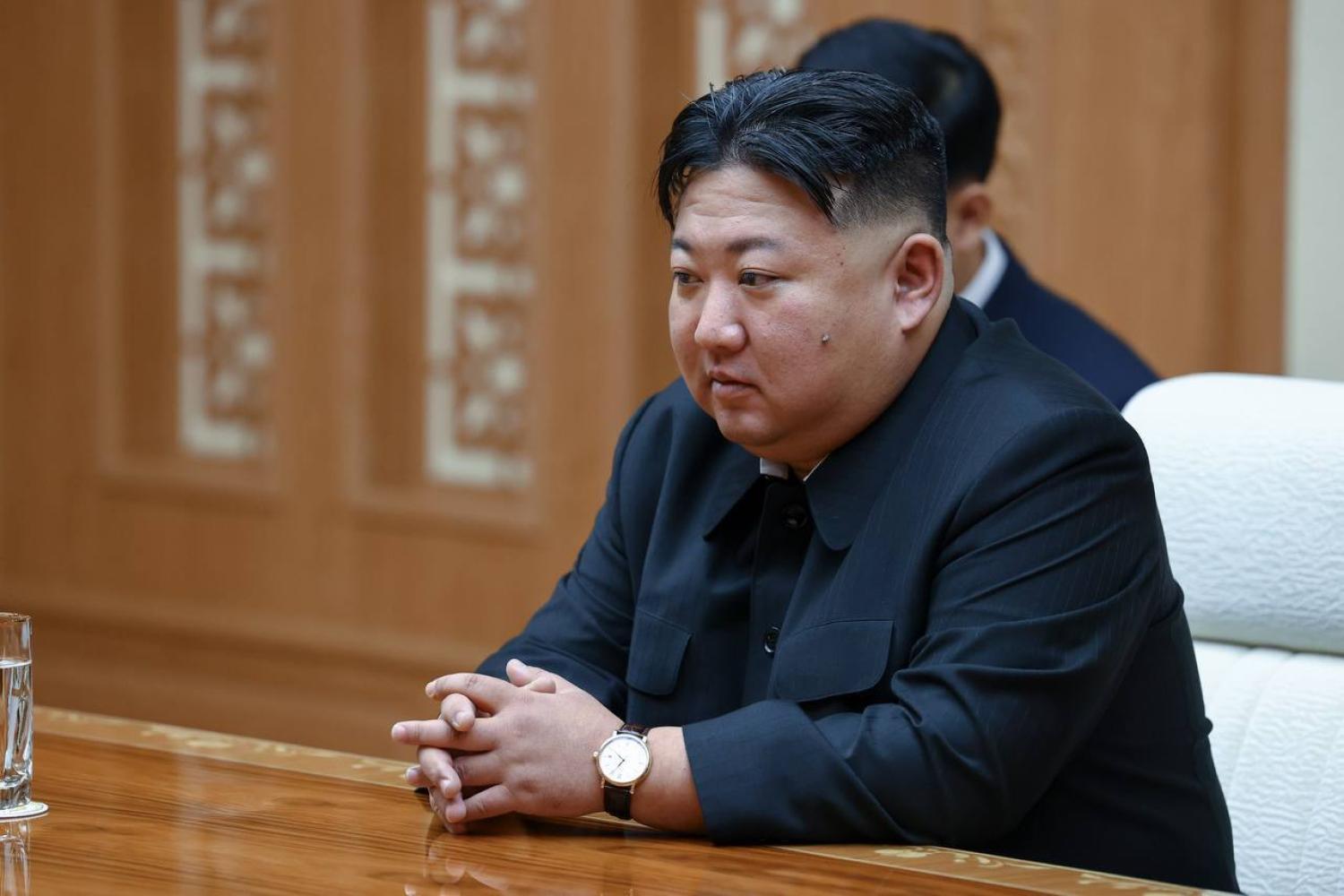It is only mid-January, but the Korean peninsula is already off to a rough start. North Korea’s Chairman Kim Jong-un remarked at a year-end party that peaceful unification of the two Koreas was now “impossible”. More than that, he pledged a “decisive policy change” vis-à-vis South Korea, now the North’s “enemy” and a “separate state.” Guard posts have been quickly rebuilt inside the Demilitarized Zone, having scrapped the 2018 inter-Korean military agreement in November. There are also reports that North Korea has been redeploying landmines near the Gyeongui land route that connects South Korea’s Paju city to the shut-down Kaesong Industrial Complex in North Korea that had been removed back in 2000.
South Korea has been cautious, not nullifying the 2018 military agreement entirely, but it has resumed firing artillery and holding drills near the sea and land border with the North and effectively terminated the buffer zones between the two Koreas.
The road to inter-Korean peace is now literally paved with landmines.
There are some suggestions that the designation of South Korea as an “enemy” means North Korea is no longer interested in future inter-Korean engagement and such a title would justify the North’s use of nuclear weapons in a conflict because South Koreans are no longer brethren. Still, it would be an overstatement to consider recent developments as a fundamental change in relations. Even during years of high-profile diplomatic activities, North Korea considered the South an enemy state. Pyongyang’s 2022 law on the use of nuclear weapons calls for preemptive strikes against anyone that endangers its “fundamental” national interests, meaning Pyongyang has been ready to use nuclear weapons against the South before calling it an “enemy.” North Korea’s recent rhetoric reflects the status quo more than a radical departure.
From a broader perspective, North Korea’s aggressive rhetoric and behaviours are cyclical rather than linear. North Korea has often been friendly towards liberal South Korean presidents while hostile to conservative ones, such as incumbent South Korean President Yoon Suk-yeol. This is because of the expected payoffs from engaging with the liberals far outweighs those with the conservatives, and that Pyongyang wants to exploit the differences over North Korea policy between the United States and liberal South Korean presidents to weaken the adversarial alliance. As I predicted in a commentary in March 2022 shortly after conservative Yoon won the South Korean presidency (From Moon to Yoon: will the Korean peninsula see fire and fury return?), North Korea would respond to Yoon’s hardline policy with provocations because it no longer reaps any benefits from engagement.
Kim Jong-un’s sister Kim Yo-jong made this logic clear in her own rebuttal to Yoon’s recent New Year’s speech. Kim Yo-jong praised Yoon’s liberal predecessor Moon Jae-in as “very smart and crafty” (contradicting Pyongyang’s past criticisms of him) while lambasting Yoon’s approach of “peace by force”.
But North Korea is wary of war. Despite Kim Jong-un’s latest remarks on “pacifying the entire territory of South Korea”, coupled with the US confirmation of Russian use of North Korea’s short range ballistic missiles against Ukraine, there are few indicators that North Korea is planning an invasion of the South anytime soon.
Nuclear deterrence from both Koreas renders a massive conventional attack prohibitively expensive to carry out, and North Korea cannot coerce the South with nuclear weapons because Seoul and Washington can dismiss those threats due to the high cost of a nuclear exchange and the imbalance of the conventional military power in the South’s favour. North Korea prefers Moon to Yoon because the former did not respond to North Korea’s provocations with a demonstration of military force and raised the risk of an accidental clash.
It is important to note other aspects of North Korea’s foreign policy that shows it benefits from peace more than from war. North Korea is making profits from the burgeoning arms trade with Russia and being able to test its weapons on Ukrainian battlefields without having to risk a war with the South. Although it closed several foreign embassies in late 2023 due to economic trouble, North Korea is reviving and expanding its trade with China and Russia and strengthening relations with traditional partners that are also at odds with the United States. There are also reports that North Korea is ready to reopen its border for tourists from Russia after having issued visas to Chinese investors and technicians in a bigger effort to develop its economy. These policy shifts require the maintenance, not destruction, of inter-Korean peace.
Kim’s speech illustrates most that progress towards peace is reversible – but that we already knew. North Korea scrapping the 2018 military agreement, the last achievement of Moon’s engagement policy, demonstrates the persistence of a lack of trust in a long-term peace building and nonproliferation process between the two Koreas. The year ahead will be a turbulent one in inter-Korean relations, but it will not mark an escalation to a point of no return.

